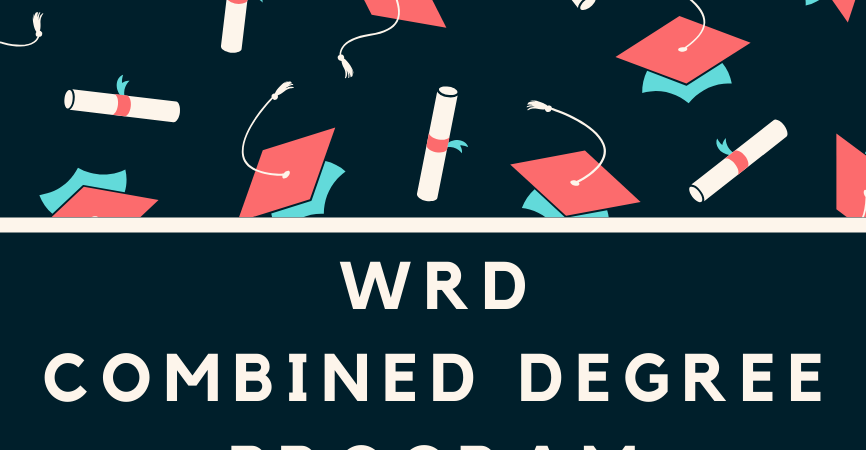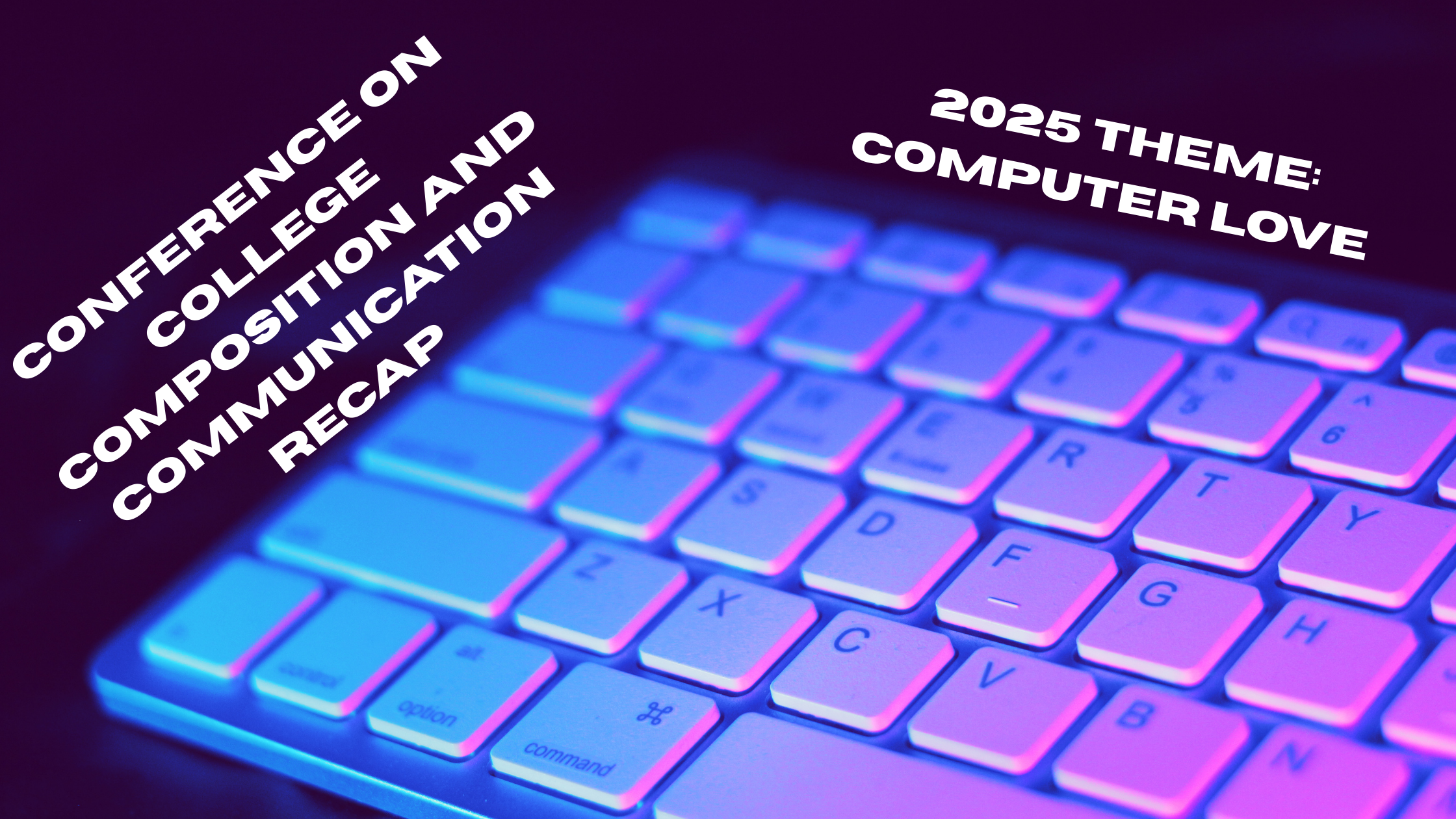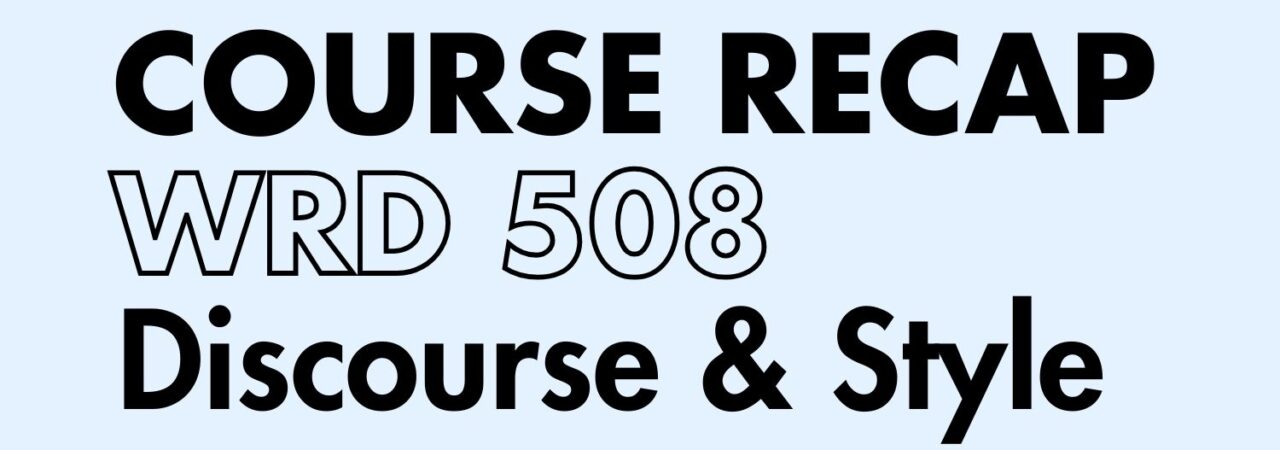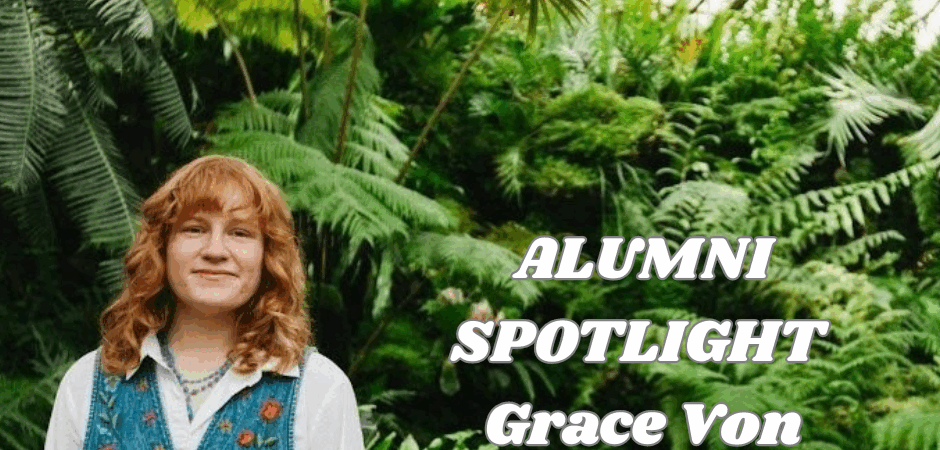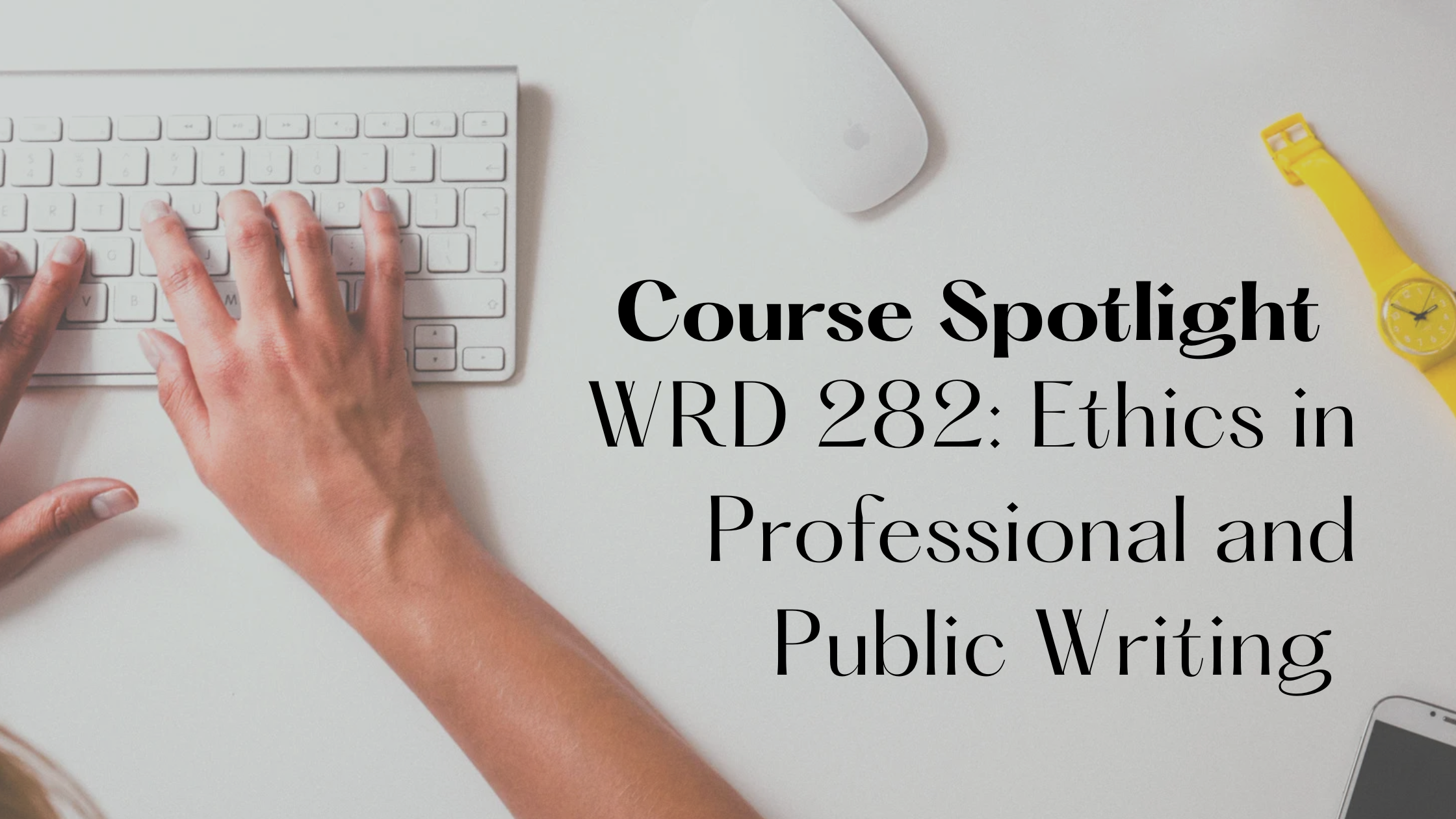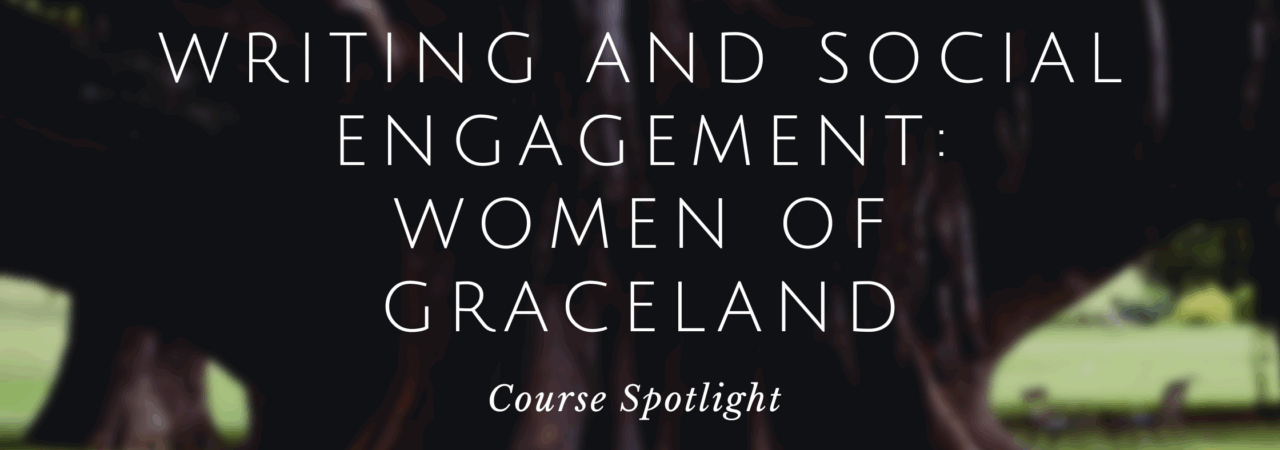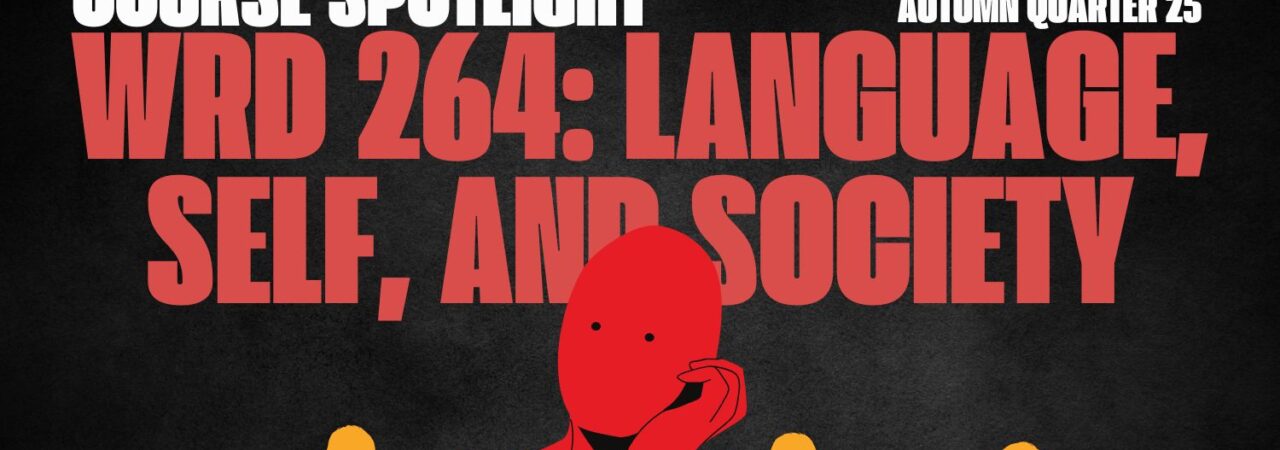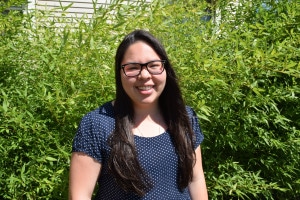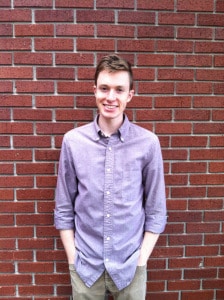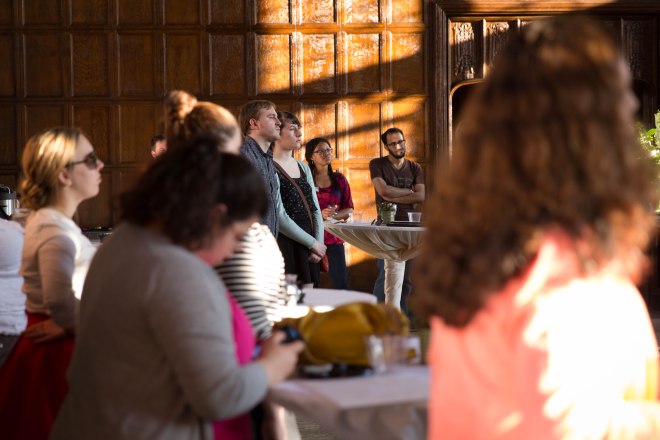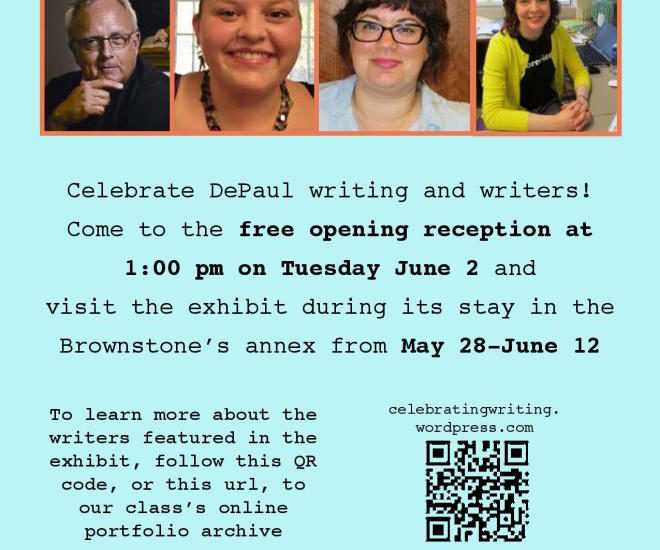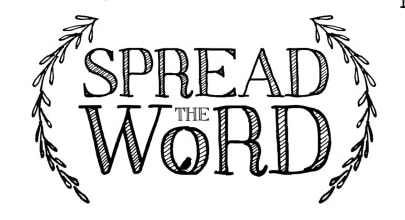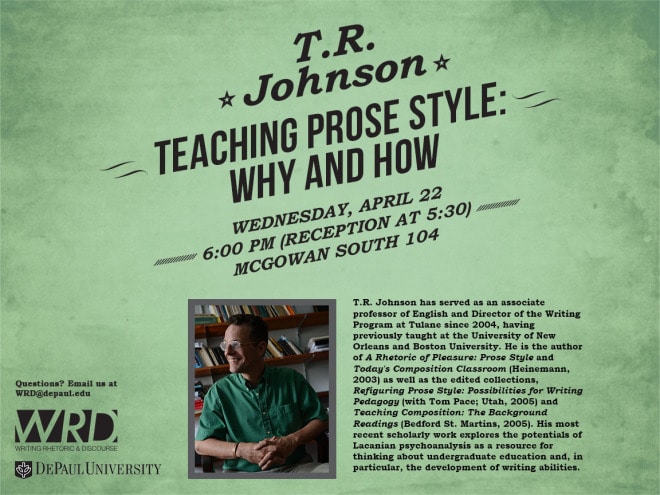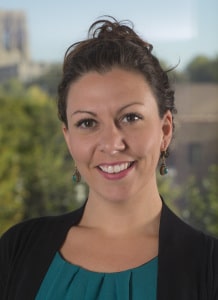Did you know that the WRD Department offers two Combined Degree Programs that can help you save time and money while you earn your Bachelor’s and Master’s degrees? Learn more about the advantages of these programs to see if a Combined BA/MA is right for you.
Continue reading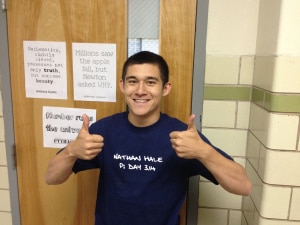
Alumni Spotlight: Colin Sato
In this latest alumni spotlight, BA in WRD alumnus Colin Sato shares about his experiences as a high school math teacher. What have you been doing professionally or since you earned your degree? About 8 hours after I turned in my last final, I was on a plane to Tulsa to begin training with Teach for America to be a high school math teacher. I’ve been teaching mathematics to the students at Nathan Hale High School in Tulsa ever since.
Continue reading